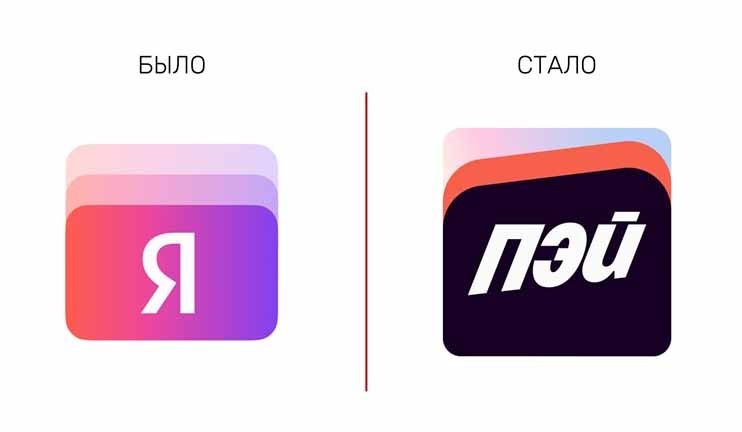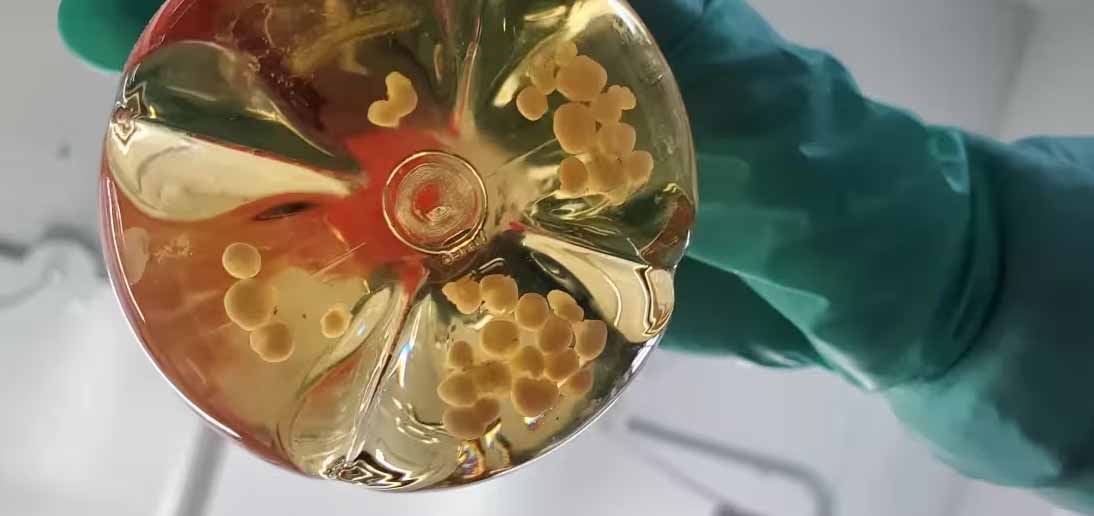The medical community is facing a unique case that could change the way blood transfusions are handled around the world. In India, in the state of Karnataka, a 38-year-old woman was found to have a previously unknown type of blood type that is not compatible with standard donor samples. Despite the fact that the patient was formally classified as having the first positive group, none of the available blood components were suitable.
Due to the lack of compatibility, blood samples were sent for analysis to a specialized laboratory in the UK. For nine months, specialists conducted a series of in-depth studies, which resulted in the identification of a new antigen, previously unknown to medical practice. The new antigen was designated CRIB, an abbreviation for Cromer India Bangalore, reflecting both the rare antigen system and the region of discovery.
Information about the find was officially presented at the 35th International Congress on Transfusiology. CRIB antigen is included in the Cromer rare antigen system, which opens up the possibility of revising international standards for diagnosis and blood transfusion. This will also make it possible in the future to take into account the presence of this antigen when selecting donor material, especially for patients with non-standard immunohematological parameters.
Detection of the CRIB antigen can have serious implications for the development of transfusion medicine. Doctors emphasize the need for more detailed blood typing, especially in cases where standard methods do not provide compatibility. The discovery could also lead to increased research in blood genetics and the development of new methods for donor screening.














